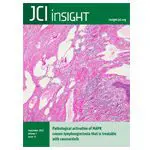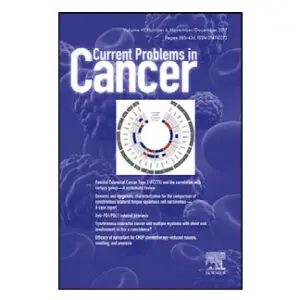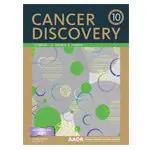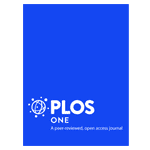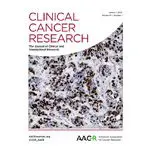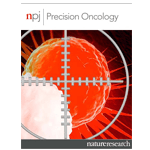Targeting BCL-XL in fibrolamellar hepatocellular carcinoma
Fibrolamellar carcinoma (FLC) is a cancer that doesn’t respond well to current treatments. In past research, the Rockefeller University team conducted a broad-based, small-molecule drug screen to identify potential drug candidates to use against FLC. That effort identified several potential drugs including napabucasin, panobinostat, irinotecan (a topoisomerase I inhibitor), and navitoclax (an inhibitor of the …

